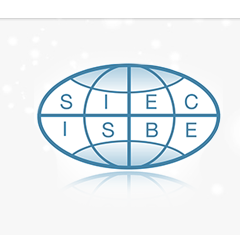Abstract
‘Powerful knowledge’ is disciplinary knowledge that when learned, empowers students to make decisions in a way that will influence their lives in a positive way (Young, 2008). In this paper, the researcher employs this construct to explore the financial literacy education arising from studying secondary school economics. It emerges from the author’s research aimed at exploring teaching and learning in secondary school Maltese economics classrooms. The underlying conceptual framework for this study is critical realism. The study design consisted of interviewing and observing 14 economics teachers, together with four focus groups interviews with students. Data were analyzed by employing thematic analysis. Financial literacy emerged as a theme in the teachers’ and students’ voices and in the lesson observations. Economics education enabled students to grow financially literate. This resonates with the literature that economics education assists students into developing financial and economic literacies (e.g., Brant, 2018; Chang, 2014). The consideration of the relationship between powerful knowledge and financial literacy assists the reflection, policy development and practice relating to the teaching and learning of financial literacy through secondary school economics and what constitutes powerful knowledge in this area.
Recommended Citation
Mizzi, Emanuel
(2021)
"Cultivating financial literacy through secondary school economics education: Access to powerful knowledge,"
International Journal for Business Education: Vol. 162:
No.
1, Article 6.
DOI: https://doi.org/10.30707/IJBE162.1.1648090658.886513
Available at:
https://ir.library.illinoisstate.edu/ijbe/vol162/iss1/6
Included in
Accounting Commons, Adult and Continuing Education Commons, Adult and Continuing Education and Teaching Commons, Advertising and Promotion Management Commons, Agribusiness Commons, Business Administration, Management, and Operations Commons, Business Analytics Commons, Business and Corporate Communications Commons, Curriculum and Instruction Commons, Educational Leadership Commons, Educational Methods Commons, Educational Technology Commons, Entrepreneurial and Small Business Operations Commons, International Business Commons, Junior High, Intermediate, Middle School Education and Teaching Commons, Management Information Systems Commons, Marketing Commons, Online and Distance Education Commons, Organizational Behavior and Theory Commons, Other Business Commons, Other Education Commons, Other Teacher Education and Professional Development Commons, Secondary Education Commons, Secondary Education and Teaching Commons, Technology and Innovation Commons, Vocational Education Commons

